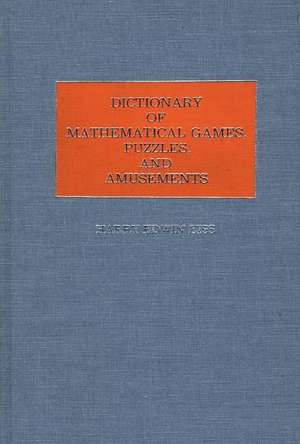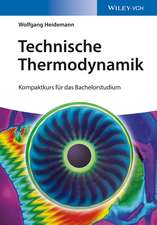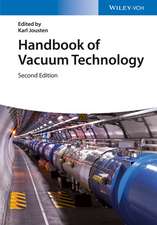Dictionary of Mathematical Games, Puzzles, and Amusements
Autor Harry E. Eiss, Harry Edwin Eissen Limba Engleză Hardback – 31 ian 1988
Mathematical play has challenged and stimulated human ingenuity throughout recorded history. It has ranged from the common sorts of brain teasers such as mazes, arithmetic story problems, and simple geometric puzzles to sophisticated explorations of questions that still concern modern mathematical theorists. This new dictionary provides a tantalizing variety of paradoxes, games, problems, and puzzles that will appeal to mathematics enthusiasts at every level of proficiency. Eiss introduces his subject with an overview of the history of recreational mathematics and its relation to some theoretical questions that have occupied mathematicians for centuries. Dictionary entries include problems posed by particular thinkers as well as traditional puzzlers that have come down to us anonymously. Information on the origins and history of many of the activities is supplied, and thorough cross-referencing enables the reader to locate all puzzles, games, and amusements of a similar type. The bibliography suggest sources of further information.
Preț: 253.91 lei
Preț vechi: 520.64 lei
-51% Nou
48.59€ • 50.54$ • 40.12£
Carte tipărită la comandă
Livrare economică 14-28 aprilie
Specificații
ISBN-10: 0313247145
Pagini: 292
Dimensiuni: 160 x 237 x 28 mm
Greutate: 0.64 kg
Editura: Greenwood










